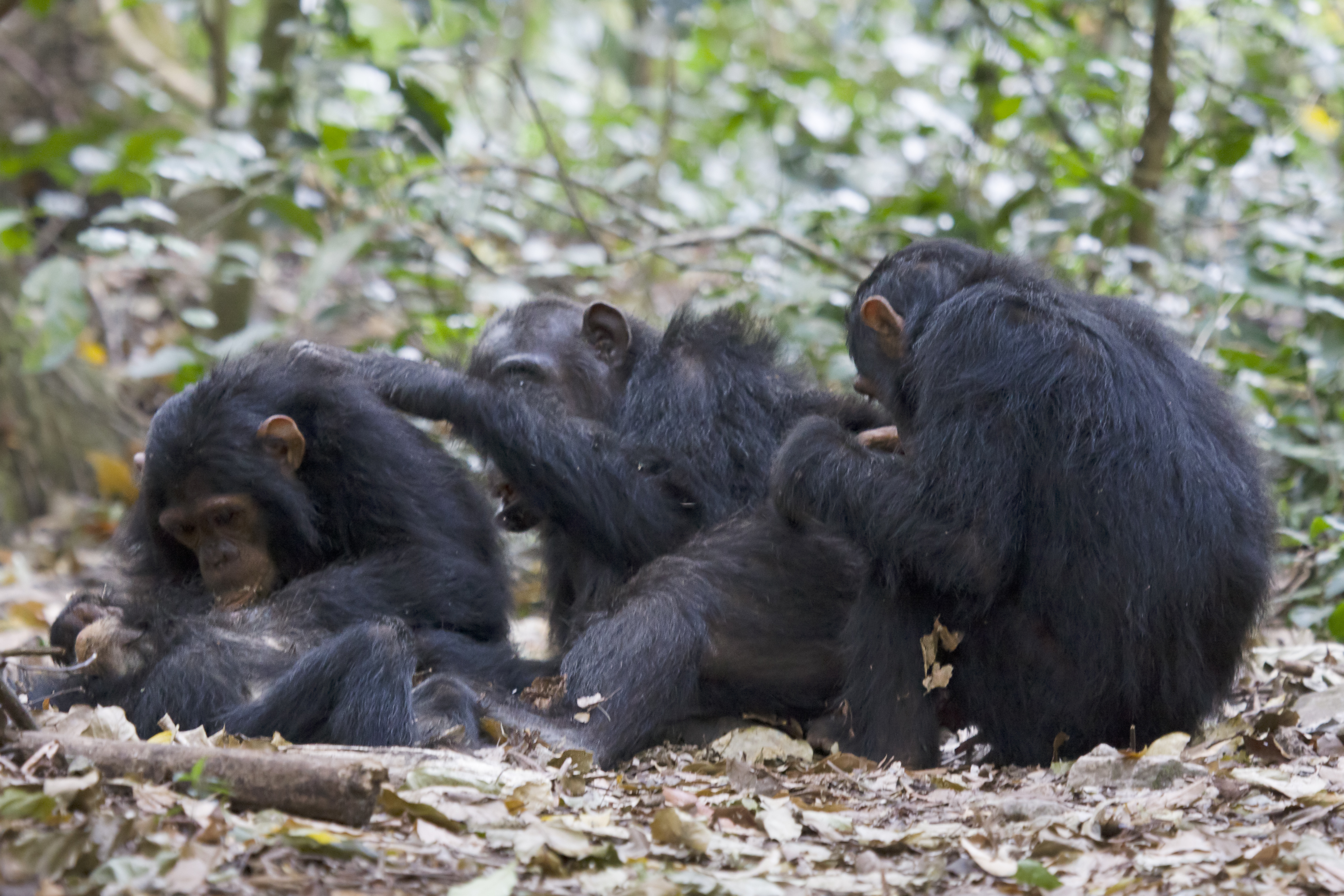I was at Stanford yesterday, and began wondering about where the Grateful Dead had hung out in Palo Alto in the '60s and '70s, and found these great web pages, with street addresses:
The Grateful Dead: Making the Scene in Palo Alto
The Grateful Dead and Menlo Park
July 2, 1967, El Camino Park, Palo Alto, CA: Mary Poppins Umbrella Festival and Be-In (Early Palo Alto)
It's a far gone lullaby sung many years ago
The Chateau, 2100 Santa Cruz Avenue, Menlo Park, CA
Wondering how I could create a Google Maps' walking tour, and think it would be easy, but haven't tried it yet.
*
Hi C, S and B,
I hope your foot injury heals well, and glad to see you dancing a bit on Tuesdays.
I'm a bit interested too, as a book project in the future, in comparing the STEM ethos of Stanford with MIT's and re - http://scott-macleod.blogspot.com/2016/07/carrot-compare-stem-cultures-of-mit.html - and it would be great to talk with you both as Stanford/MIT students, C and S, for your ideas about this at some point. I'm curious, Bob, about your ideas in these regards as well (This great "Creating World-Class Computer Science at Stanford: 60 Years of Innovation" video - http://scott-macleod.blogspot.com/2017/05/pelican-creating-world-class-computer.html - is one example of some further starting places for this project re Stanford).
Calista, are you giving a talk here and re Stanford Prof Brian Conrad - http://mathematics.stanford.edu/organizer/calista-bernard/ ? And is this open to someone like me? If so, I'd be interested in attending, and perhaps getting to know Stanford math faculty re MIT OCW-centric World University and School, and eventual faculty research questions at WUaS.
And is there any chance, Calista, that you will happen to be in the Cambridge MA area in the last 3 weeks of August? If so, and, Sara, if you're already there in heading to MIT for your Ph.D., and have a day open, would you both like to come out together to visit on Cuttyhunk Island (a fun adventure!) taking a ferry from New Bedford (which is an hour and a quarter south of Boston), and where I'll be visiting family, for a day.
See you at the Stanford ceili this Tuesday, although I may get there around 8 since there's an African languages' event - https://africanstudies.stanford.edu/events/african-languages-and-cultures-night-1 - and World University and School plans to create wiki schools for all African languages for open teaching and learning (and indeed all 7,099 living languages).
*
Hi Bob, Calista and Sara,
Thanks for focusing this emergent study potentially on student interviews in part, Bob! (I'm publishing a book of poetry this year, and would like too to write a second actual-virtual Harbin ethnographic book re the making of a realistic virtual Harbin Hot Springs - in something like Google Streetview/Maps/Earth with TIME SLIDER and which group build-able in something like OpenSim/SL but realistic - for what I'm calling ethno-wiki-virtual-world-graphy), so this book will emerge gradually.
Sara - you may be a prime informant with your Stanford/MIT degrees to come ... Group videos re this conversation with you, Calista, and Sara in the future? Perhaps we 3/4 can stay actively in touch upon your matriculating at MIT, Sara, re some of these questions as well. I'll have to think through what depth of STEM ethos comparison I want to engage in, too - comparing departments (e.g. Stanford's material science and MIT's material science departments), for example, may or may not be the approach I take.
It looks like the world-class Stanford Computer Science department emerged out of the Stanford math department, Calista ... per the great Stanford CS professor Don Knuth in this video ... http://scott-macleod.blogspot.com/2017/05/pelican-creating-world-class-computer.html ...
https://www.youtube.com/watch?v=eDs4mRPJonU
Interesting conversation ahead ... :)
Best regards, Scott
*
Hi Bob, Calista and Sara,
Thanks again for your thoughts about this, Bob!
I think I'm most interested in the WONDER in these Stanford / MIT STEM ethos(es) of innovation - and re hacking even re Pekka Himanen's book "The Hacker Ethic and the Spirit of the Information Age" about this, for example - With the word” hackers,” he referred to people who did their work because of intrinsic interest, excitement, and joy ... (http://link.springer.com/chapter/10.1057%2F9781137333544_13 and https://en.wikipedia.org/wiki/Hacker_ethic) ...
What words I'd begin to use to differentiate Stanford and MIT's two ethoses over 100+ years, but especially since the creative (and entheogenic!) 1960s - or to at least begin hypothetical conversations with students at these Universities in the 1960s and 1970s about this, I'm not sure, but I think such language would partly emerge in conversation. And it could be fun to do much of this in recorded interviews, like this one with Manuel Castells - http://globetrotter.berkeley.edu/people/Castells/castells-con0.html - and as part of the publishing process ... what a great way to get to know the creative thinking cultures of these two universities as well! :))
e.g. Stanford Professor William Shockley
https://en.wikipedia.org/wiki/William_Shockley
But I might need your knowledge and insights, Calista and Sara, to parse some of the creative mathematics and material science/applied physics.
It's partly the mind-turning aspects of this idea generation that I find fascinating. :)
Cheers, Scott
...








No comments:
Post a Comment